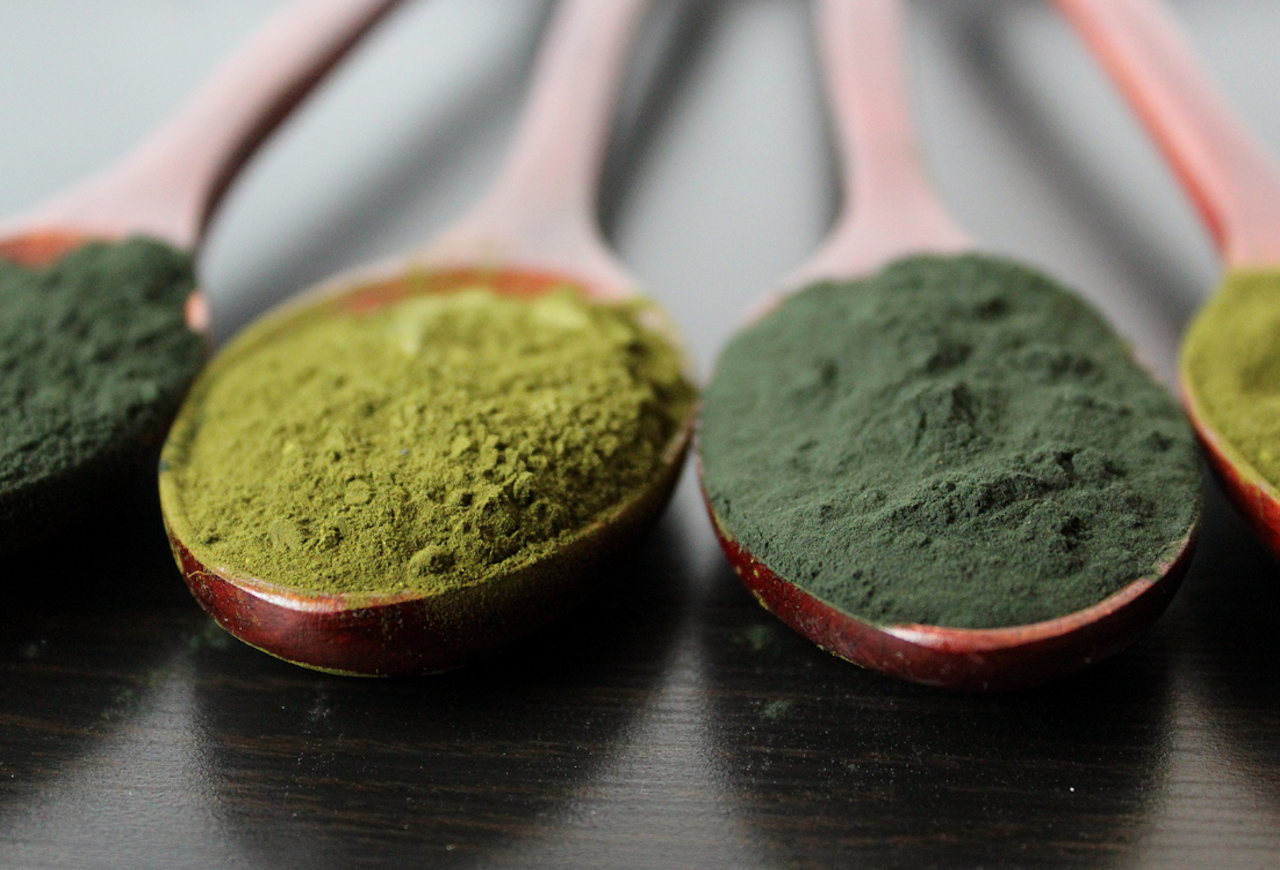Dutch microalgae producer Phycom has secured €9m in investments from investors including Invest-NL to scale up production.

Microalgae producer Phycom has raised €9m in investment from investment company Invest-NL, owned by the Dutch state, among others. With that money, the company plans to scale up its production in Veenendaal and set up a sales team.
In total, Phycom has four new backers following the new investment round, including publicly-traded Corbion, with which it will cooperate. Biochemistry company Corbion produces lactic acid for food producers, among other things, as well as technologies to produce fish food from algae.
“It is a market with many small players still working on the same thing. Corbion is one of the largest in it,” explains René Wijffels, algae researcher at Wageningen University & Research.
Healthy fatty acids
Phycom cultivates the algae in bioreactors. This is done with the help of self-composed ‘pokon’ [plant food], explains CEO and founder Erwin Houtzager. When the weight of the microalgae has increased sufficiently, they are dried into a powder. The protein content of that powder can reach 60% and includes healthy omega 3 fatty acids. The colour varies by species, from red and brown to green or yellow.
Scaling up is the biggest task for many algae companies, says Wijffels. “In the protein food market, companies have to compete with bulk products, such as soy and animal proteins.” Still, algae are an interesting alternative for in human and animal diets, the researcher says. “The productivity of algae is very high and they contain all the protein building blocks we need as humans.”
Listed ingredient manufacturer DSM-Firmenich is also into algae. The company uses it to make a plant-based alternative to fish oil.
Phycom mainly produces the powder that can provide extra protein and nutrients in vegetarian burgers and animal feed. Research by Wageningen Livestock Research has previously shown that adding small amounts of algae powder to cattle feed led to healthier young cattle. Blood values of broilers showed that they suffered less from allergic and inflammatory reactions.
Dependent on Asia
Algae are widely used in food and cosmetic applications, from biodiesel to face cream to animal feed. For this, the European Union is particularly dependent on Asia, where 97% of production comes from, 57% of which comes from China. To produce more domestically, Brussels set up the EU4Algae platform last year.
Phycom’s products are already on the shelves, including at wholesaler Hanos, in the form of Koppert Cress algae powders. For the future, Phycom is also looking to Asia. Houtzager: “A bioreactor with algae, just like a dairy, can be located anywhere.
This article originally appeared in Dutch business newspaper FD, on 5 September 2023.






